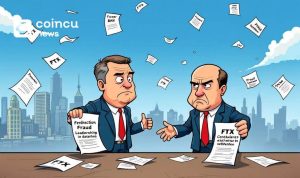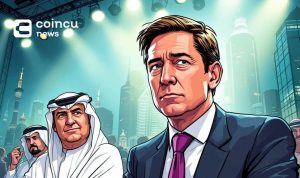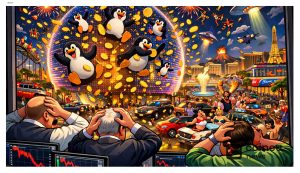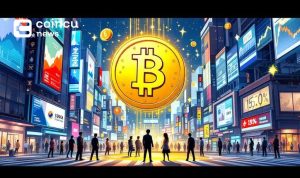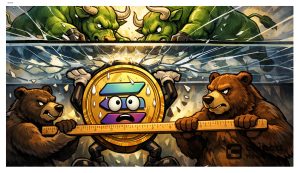- Federal Reserve Chairman Powell warns Trump’s tariffs could elevate inflation and hinder economic growth.
- Powell’s remarks spur speculation on potential interest rate shifts by mid-2025.
- Economic instability could increase safe-haven asset demand amidst trade tensions.
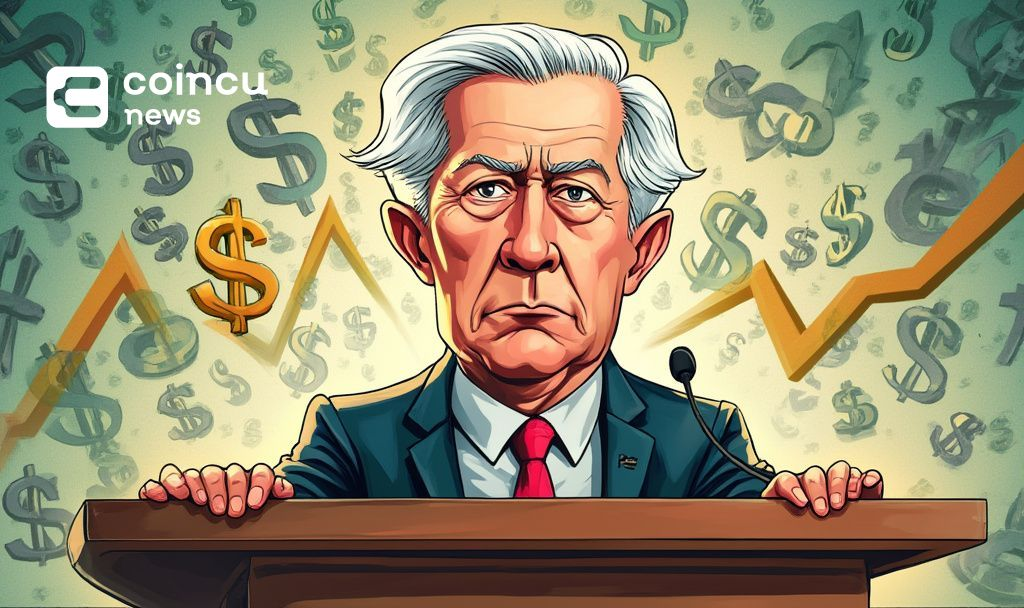
Federal Reserve Chairman Jerome Powell has expressed concerns over President Donald Trump’s tariff policies, which he believes are contributing to rising inflation and slowing economic growth.
Powell’s comments highlight the Federal Reserve’s challenge in maintaining economic stability, raising speculations of future monetary policy changes.
Tariffs Drive Inflation Concerns and Market Strategies
Jerome Powell’s acknowledgment of tariffs’ effects on inflation and growth follows implementation of significant import taxes by President Trump. These tariffs aim to revitalize U.S. manufacturing but fuel global trade friction. The tariffs have already begun influencing market strategies, with investors anticipating Federal Reserve responses. Increased interest rate speculation reflects market adaptation to current economic conditions.
Some of the inflation… is coming from tariffs, and the Federal Reserve is working to separate “tariff inflation” from other inflationary sources. — Jerome Powell, Chairman, Federal Reserve
The initial effects of tariffs create economic headwinds that affect sectors relying on international supply chains. Market response includes adjustments in asset allocations, with safe-haven assets like bonds gaining popularity. Powell’s assurance of readiness to adjust policy underscores the Federal Reserve’s proactive stance. President Trump criticized the Federal Reserve for not reducing interest rates, highlighting differing perspectives on economic strategy during trade conflicts.
Historical Context and Economic Impacts of Tariffs
Did you know?
In previous tariff-induced trade wars, the U.S. and trade partners such as China imposed reciprocal tariffs, significantly disrupting international markets and elevating geopolitical tensions.
Historical precedents suggest economic challenges similar to current tariff-induced conditions, marked by increased inflation expectations and labor market tensions. The tariff situation draws parallels with past trade disputes, impacting financial markets and policy strategies. Economists anticipate continued tension may pressure the Federal Reserve to adapt its policies to stabilize economic growth and mitigate inflationary risks. External financial and market reactions highlight potential price shifts down the line, driven by tariff policies and economic responses.











